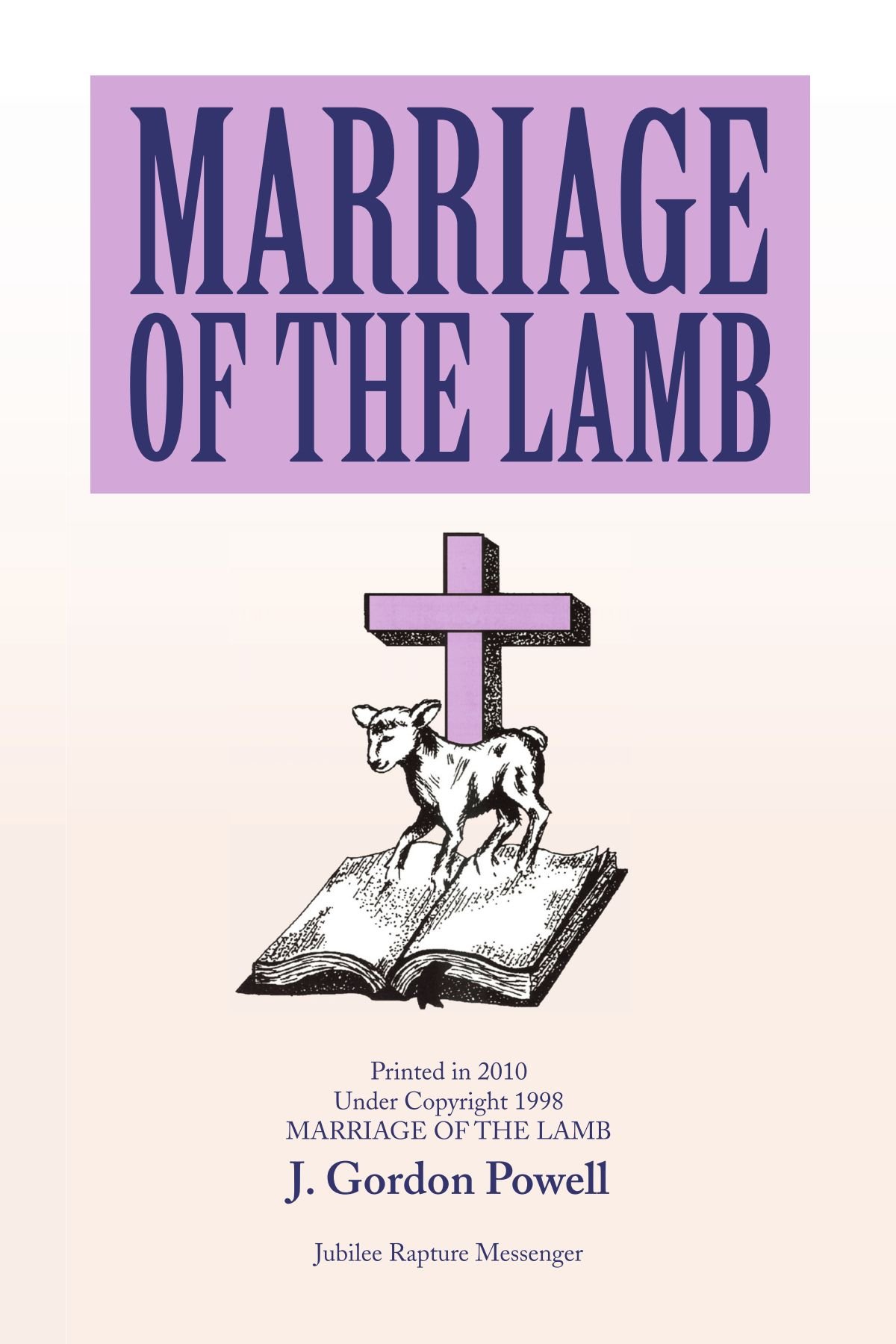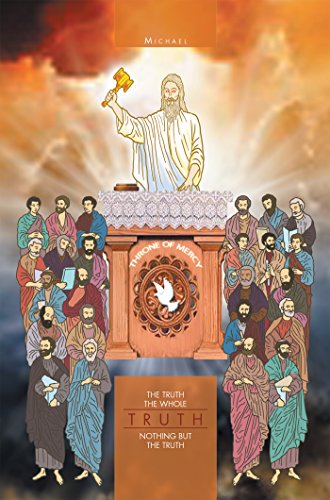Marriage of the Lamb
J. Gordon Powell is inspired to convey an urgent message about life with Christ and companionship with God. His book is a detailed and researched description of the current errors in thinking that drive much of Christian worship. He is passionately concerned that believers understand that, though they may think they are on a path to everlasting life, they are, in fact, practicing a religion based on more than a thousand years of deliberate deception.
Powell’s teaching confirms that God created heaven, earth, and man, and that, according to God’s plan, Jesus was born of a virgin, taught people about the Kingdom of God, was crucified, died, rose again, and His disciples kept His work alive for about 300 years.
The problem that Powell describes in great detail, is the way that the Roman Emperor Constantine merged Christianity with paganism. Powell teaches that this merging was a deception inspired by Satan, and the deception thrives in Christian communities today. Powell offers concrete examples of the original, true, and proper Christian relationship with God as contrasted with the deceptive, false, alien, improper one.
One of the most concrete (and improper) changes made in the time of Constantine was the transition of the central place of worship from the home to the basilicas, which were, at that time, pagan temples. There was an imposition of religious leaders as God’s necessary representatives and mediators. Also, the festivals celebrated by the community of Christians were replaced by pagan festivals. Powell teaches that the proper Christian festivals for celebration are Spring Festival of Unleavened Bread, Firstfruits, and Pentecost. Fall celebrations should include Feast of Trumpets, Wedding of the Church, and the Festival in Tabernacles. Improper (or alien) religious festivals established by Constantine’s merger of Christianity with paganism, include the transfer of holiday celebrations to seasons of fertility: The pagans celebrated the conception of their fertility goddess, at the spring equinox, and this became the celebration of Easter. Similarly, the pagans used the winter equinox, around December 25, to celebrate the birth, death, and resurrection of their god, Baal. This became the Christmas celebration of Jesus’ birth. Powell teaches that these traditional holiday celebrations are not part of proper Christian practices and should be discontinued by those who understand the full nature of Satan’s deception.
Alongside the corruption of the true church by Constantine, there is a simultaneous continuation of the pure Christian line through the Order of Melchizedek. This Order is untainted from the time of Noah and carries the true faith and covenant with God, and it is available to us through repentance, or turning away from false worship.
Powell joins many other Christian historians with his teachings on the blending of early Christian and pagan traditions. He is not alone in his observations and concerns that organized church-based religions often alter Christ’s message of service, humility, and loving sacrifice.
Mr. Powell’s book would benefit from further editing so that the central ideas emerge with more clarity and order. Additionally, the subtext about capture by aliens may lead some readers to avoid the work as more science fiction than theology. But Powell has some interesting and thoughtful points to make for those interested in Christianity, its history, and its relevance to daily, as well as to everlasting, life. Particularly suitable for Christians who are focused on the end times, the rapture, and how best to prepare, Powell offers a passionate and thoroughly researched treatise.
| Author | |
|---|---|
| Star Count | 2/5 |
| Format | Trade |
| Page Count | 278 pages |
| Publisher | Xlibris |
| Publish Date | 07-May-2010 |
| ISBN | 9781450083614 |
| Bookshop.org | Buy this Book |
| Issue | August 2010 |
| Category | Religion |
| Share |







Reviews
There are no reviews yet.